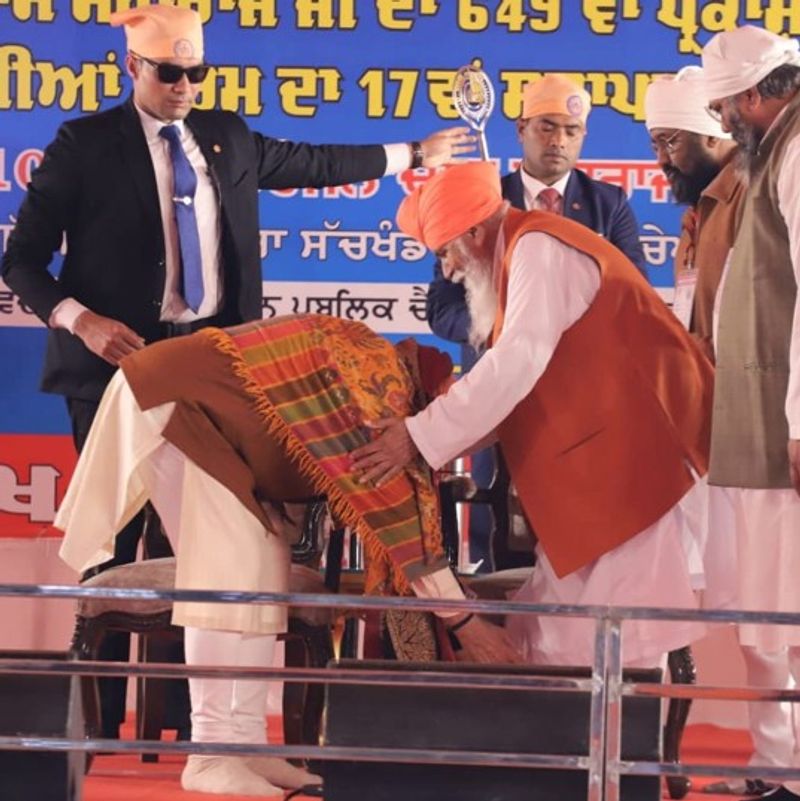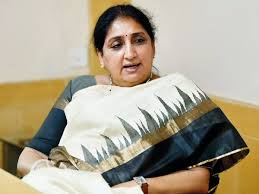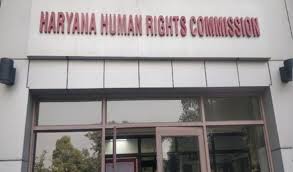Listen To This Post
Washington: In a move that could severely impact Indian technology professionals, US President Donald Trump on Friday signed a proclamation imposing an annual fee of USD 100,000 on H1-B visas. The measure, part of his administration’s aggressive crackdown on immigration, will apply to both fresh applications and renewals, raising serious concerns for thousands of Indian workers currently on these visas.
White House staff secretary Will Scharf described the H1-B programme as one of the “most abused” in the US immigration system, arguing that it was meant only for highly skilled labour in fields where Americans are not available. He said the steep fee would ensure that only “extraordinary” workers are brought in and that the system is no longer used to replace American jobs.
Trump, signing the order in the Oval Office alongside Commerce Secretary Howard Lutnick, insisted the policy would protect US workers while still allowing companies to hire exceptional talent. “We need great workers, and this ensures that’s what’s going to happen,” he said.
Lutnick elaborated that the new fee could raise over USD 100 billion for the US Treasury. “Historically, the employment-based Green Card programme brought in people earning below the American average. Now we will only take those at the very top. Companies will think twice before training foreigners—they will train Americans,” he asserted.
The administration also unveiled a parallel initiative, the “Gold Card” programme, creating a fast-track visa pathway for foreigners of extraordinary ability who can contribute significant funds. Individuals investing USD 1 million, or corporations sponsoring with USD 2 million, will receive expedited visas and a route to a Green Card. “The Gold Card will bring in hundreds of billions. Companies will still retain people with great expertise, but only the best,” Trump said.
The H1-B visa, widely used by Indian IT professionals, is valid for three years and renewable for another three. Workers waiting for Green Cards—often stuck in decades-long backlogs—have depended on renewals. Under the new regime, however, companies will have to pay USD 100,000 each year to retain such employees, a cost many may refuse to bear.
Lutnick confirmed the fee would apply across the board. “Renewals, first-time applications—companies must decide if a worker is valuable enough to justify USD 100,000 annually. Otherwise, they should hire Americans,” he said, adding that the policy would end the “nonsense” of letting in workers “for free.”
The decision is expected to have a significant impact on Indian professionals, who account for the majority of H1-B visa holders in the US. Industry experts warn that the change could disrupt the talent pipeline for American technology companies, force many Indians to return home, and add further uncertainty to those already waiting years in the Green Card backlog.
Trump, however, maintained that businesses supported the move. “Tech companies love it. They’ll pay for valuable people, and America will only keep the very best. Everyone’s going to be happy,” he said.















